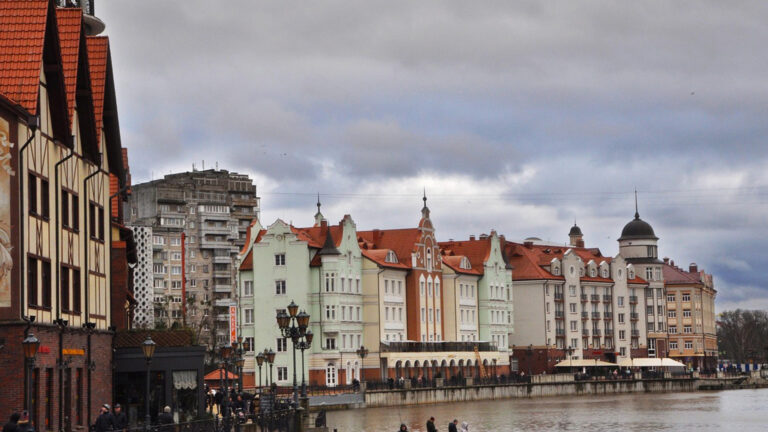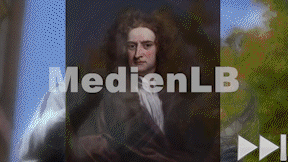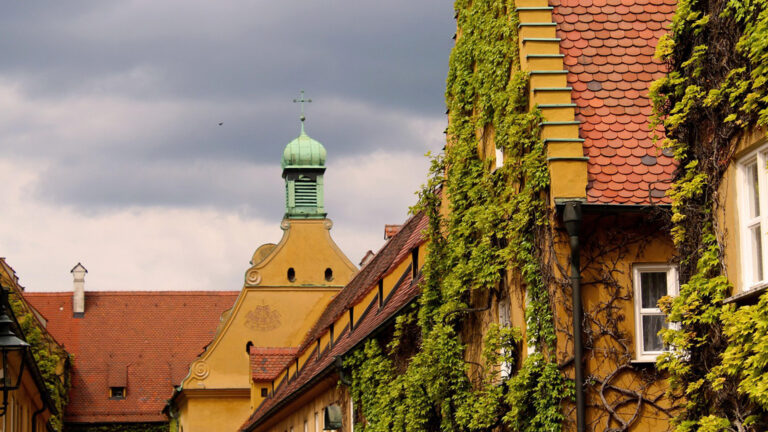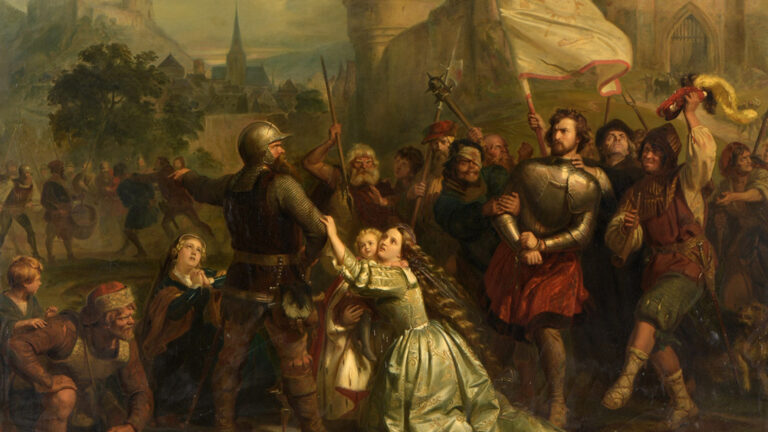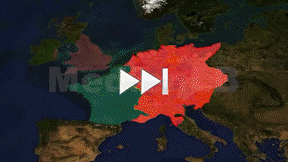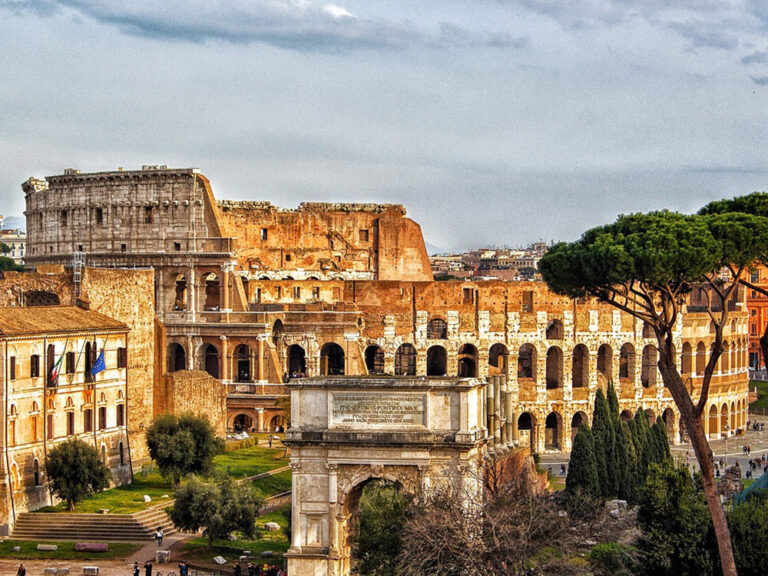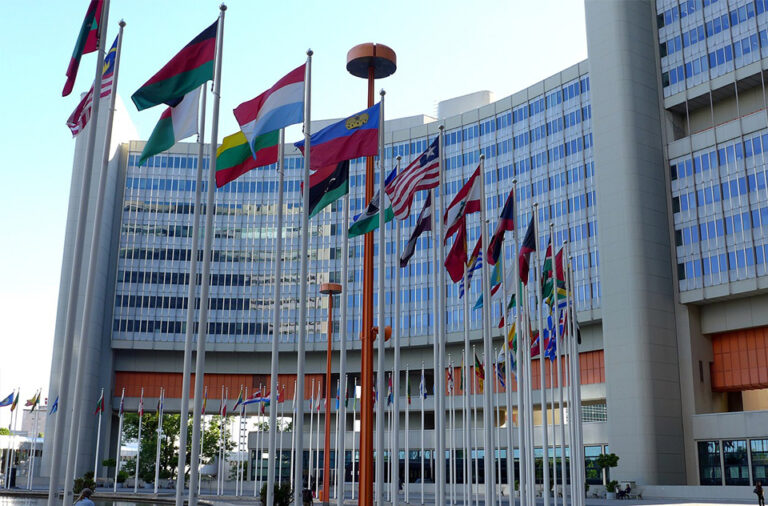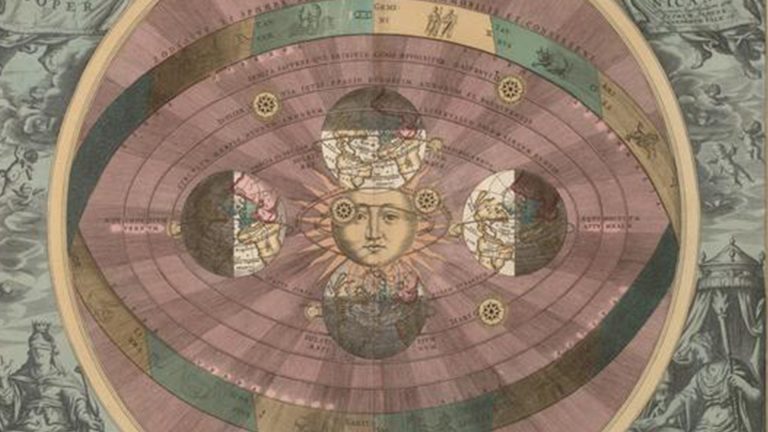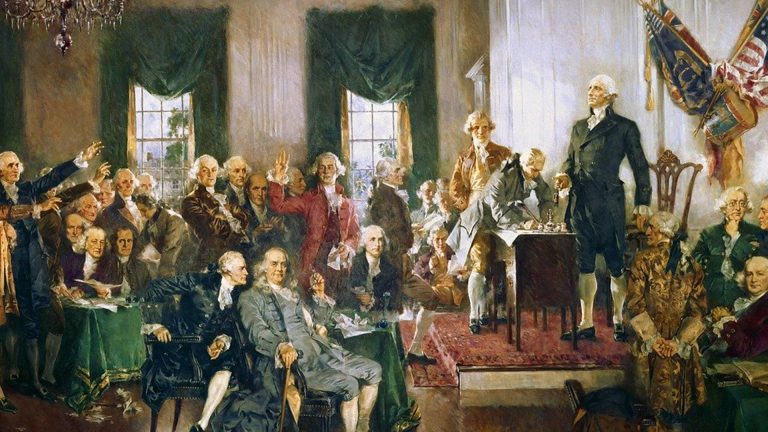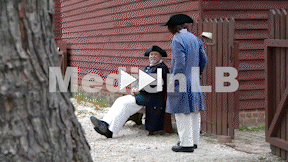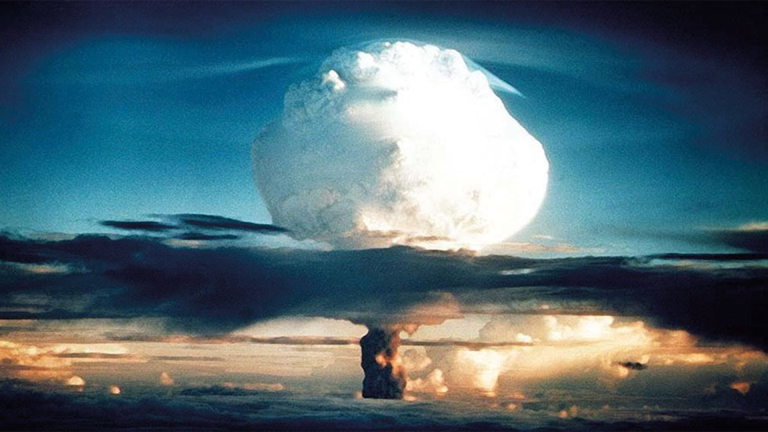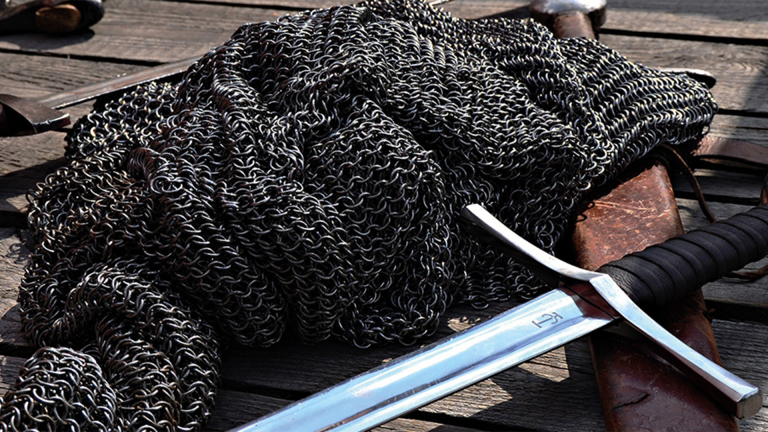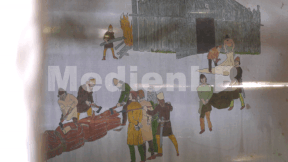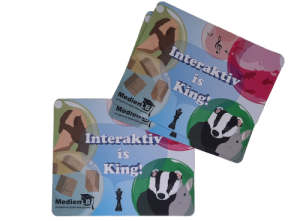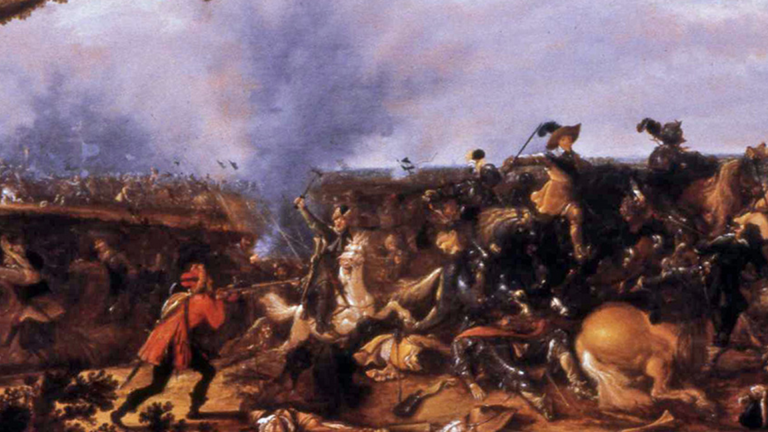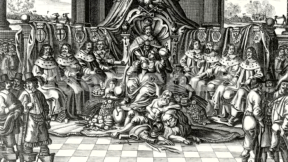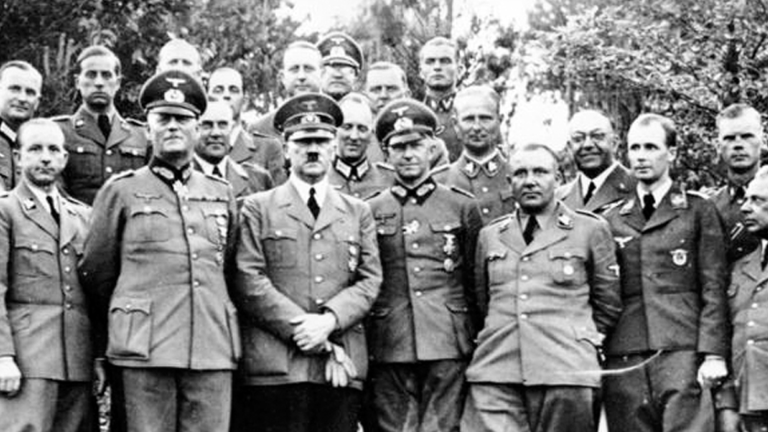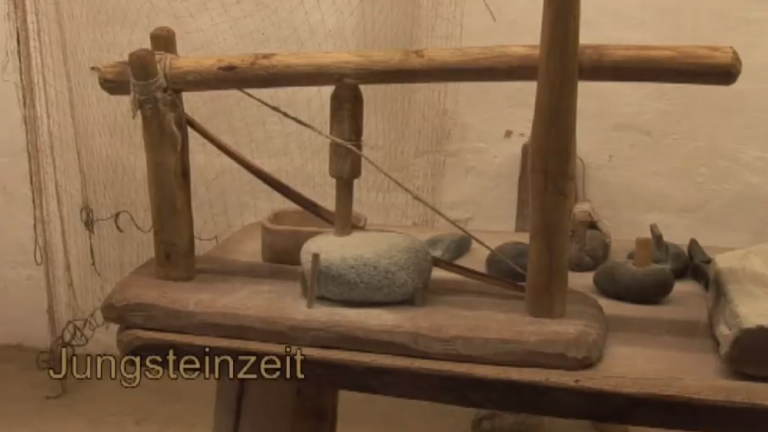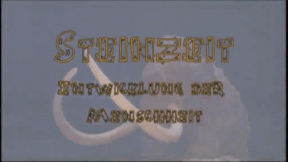Suche:
- # Artistry
- # Biology
- # Chemistry
- # Ecological
- # Economy
- # English
- # Foreign Language
- # Geography
- # German
- # Health
- # History
- # Informatik
- # Latin
- # Mathematics
- # Media Education
- # Music
- # Physics
- # Politics / Civics
- # Preschool
- # Primary School
- # Religion
- # Society
- # Sports
- # Technology
- # Training of Teachers
- # Vocational Education
Immanuel Kant
Der Film führt in die Epoche der Aufklärung und zeigt, wie Kant mit seiner „kopernikanischen Wende“ das Denken revolutionierte.
Learn moreDie Fugger
Der Film erzählt die Geschichte der Augsburger Familie Fugger, die vom Weberhandwerk zum ersten multinationalen Konzern der Welt aufstieg.
Learn moreBauernkrieg
Der Film beleuchtet Ursachen, Verlauf und Folgen des Aufstands von 1524–1526.
Learn moreTerme & Gleichungen (Kopie) (Kopie) (Kopie)
Das Medium bietet H5P-Aufgaben an, die ohne zusätzliche Software verwendbar sind. Das Medium enthält interaktive Videos und 50 H5P-Aufgaben zum Thema Terme & Gleichungen.
Dekolonisierung nach 1945
In unserem Arbeitsheft "Dekolonisierung nach 1945 - Geschichte 10, Vol. 2" finden Sie 50 unterschiedliche interaktive und didaktisch aufbereitete Aufgaben.
Learn moreKopernikanische Wende
Die Renaissance war eine Zeit des Umbruchs in Europa, geprägt vom Wiederaufleben des Interesses an Kunst, Wissenschaft und Wissen aus der Antike.
Learn moreAmerikanische Revolution
Die amerikanische Unabhängigkeitserklärung von 1776 formuliert nicht nur die Gründung der Vereinigten Staaten von Amerika, sondern ist auch Ausdruck des siegreichen Höhepunkts der amerikanischen Revolution.
Learn moreIndustrialization (Kopie)
This DVD treats the different working and living conditions of people in the Ruhr valley around the year 1900 and refers to the thesis of the sociologist Li Fischer-Eckert. She conducted interviews with working class women on their living conditions in the workers’ housing estates in 1911 and 1912. Based on her findings, she divided the workers in four classes: The first one has a “cosy home without luxury or deprivations”, those in the second class live “on the verge of deprivation”, the poorer workers “are defeated by unfavourable conditions” and those in the fourth class live in “complete neglect”. With the kitchen-cum-living-rooms set up in the Ruhrland Museum, which are shown and described in the film in an impressive way, a direct insight is offered into the workers’ lives. Furthermore, work in heavy industry and mining, the strict reign of the employers as well as the changes in social policy and the workers’ fight for their rights are discussed.
Learn moreSlawen
Die Slawen existieren nicht als ein Volk, sondern bezeichnen eine Vielzahl von Sippen, die sich über eine gemeinsame Sprachfamilie, bzw. Stammesnamen definieren. Beginnend mit dem 3. Jahrhundert begann im Rahmen der Völkerwanderungen die Verbreitung der Slawen in Europa.
Learn moreThirty Years’ War
For thirty years war was waged in an area where Germany and Austria are located today.
Learn moreStone Age
About 2,606,000 years ago, that is 52,120 generations before us, the first and at the same time longest period of human history began - the Stone Age. The film provides an overview of life during the Palaeolithic, the Mesolithic and the Neolithic. We get to know the various decades and the typical human ways of life resulting from them. The development from nomads, who were hunters and gatherers, up to sedentary humans who lived in small village communities is vividly described. We learn that already the early Stone Age people possessed an understanding of art, buried their dead, and see the significant advancement of their weapons and tools. Terrific diagrams convey an idea of the appearance of Stone Age animals and allow us to delve into the world of our ancestors.
Learn more



